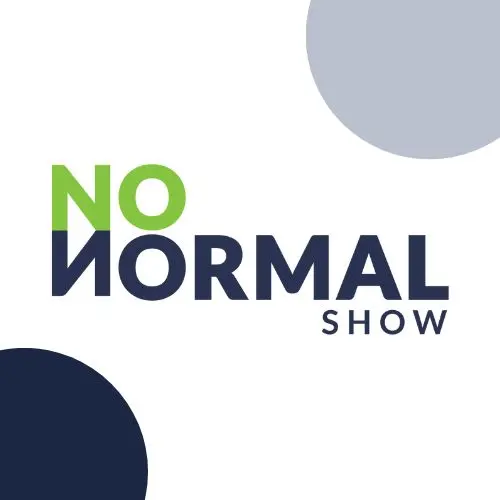News & Insights
News & Insights
Episode

Addressing the Value Attack: Combating Misleading Narratives to Reclaim Trust in Hospitals
In this episode, we dive into a pressing issue in healthcare marketing—the growing narrative that blames hospitals for the rising costs of healthcare, a phenomenon we’ve coined the "value attack." Joined by Sarah Mars Bowie and Kate Caverno, both VPs of Communication at BPD, this conversation explores the impact of this narrative and offers strategies for hospitals to reclaim trust and reshape public perception.
What Is the Value Attack?
The value attack originates from a narrative that began emerging as early as 2018. Media outlets, politicians, and payers have amplified claims that hospitals and health systems are driving up healthcare costs. During the COVID-19 pandemic, this perspective temporarily shifted, with healthcare workers being hailed as heroes. However, by 2022, the narrative resurfaced stronger than ever, painting hospitals as profit-driven entities that should operate more like charities.
Insurance and pharmaceutical companies have played a significant role in fueling this narrative. With substantial resources and sophisticated communication strategies, these entities have successfully shifted blame for rising costs onto hospitals. As a result, public trust in hospitals has eroded, leaving them struggling to defend their value amid growing criticism.
Why Are Hospitals Struggling?
The complexity of healthcare pricing is a major contributing factor. Unlike insurers or pharmaceutical companies, hospitals cannot easily provide standardized prices for services. Variables such as insurance type, Medicaid or Medicare coverage, and the nuances of individual care further complicate pricing. This lack of clarity makes hospitals easy targets for blame.
Additionally, many hospitals rely on reactive communication. Impactful stories and data often remain buried in annual reports or obscure sections of websites. This leaves false narratives to dominate public conversations, putting hospitals on the defensive.
What Does the Research Say?
Recent research from BPD highlights key trends intensifying the value attack:
- Consumer stress is rising: Forty percent of Americans cite personal health and healthcare costs as major stressors, fueling frustration with the system.
- Blame is shifting: While pharmaceutical and insurance companies still bear much of the blame, hospitals are increasingly seen as culprits, with a 2% rise in public perception of their responsibility.
- Trust erodes further: Thirty-six percent of Americans now believe hospitals prioritize profits over patient care. This perception undermines the trust that is essential to the provider-patient relationship.
How Do Hospitals Push Back?
BPD emphasizes actionable strategies for hospitals to counter this narrative effectively:
- Define and communicate value. Hospitals must articulate their mission and impact clearly. Compelling storytelling should highlight patient outcomes, community contributions, and innovations. Simplifying complex topics like reimbursement challenges makes messages more relatable and understandable.
- Proactively correct misconceptions. Hospitals should adopt a proactive stance against misinformation, using fact-based messaging to counter false claims. Collaborating with local employers, advocacy groups, and policymakers strengthens their narrative and builds community support.
- Promote economic impact. Emphasizing the economic contributions of hospitals—including job creation and community growth—should be central to communication strategies. Elevating reports and data on these contributions helps reach broader audiences and underscores hospitals' essential role in the local economy.
- Stand firm with resilience. Hospitals need to project confidence in their value. By standing firm against criticism, they can remind the public and stakeholders of their critical role in healthcare delivery.
Building a Plan for the Future
The value attack presents a long-term challenge that requires consistent, strategic effort. Hospitals are beginning to define their stories, align messaging across stakeholders, and dedicate resources to reclaiming their narrative. As Kris Wickline aptly states: “It all starts with a plan.” By addressing these issues proactively, hospitals can regain trust and reinforce their value.
For additional insights and tools, explore BPD’s value attack report, "Tomorrow Is Too Late," at bpdhealthcare.com/insights/guides. Join the movement to challenge the narrative and spotlight the essential role hospitals play in their communities.
Previous Episodes
Stay Updated
We'll notify you when a new episode is released.


